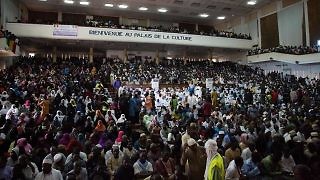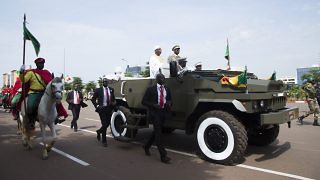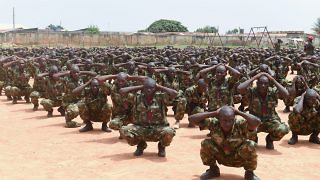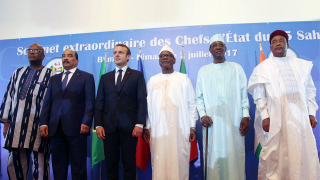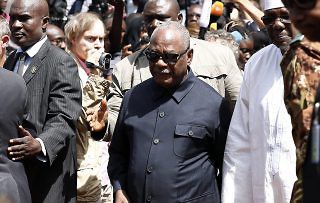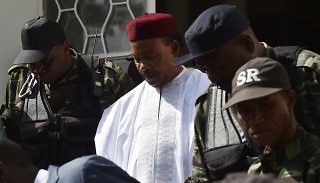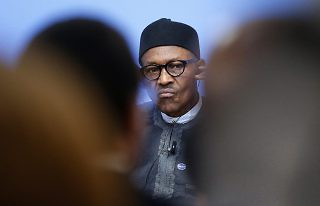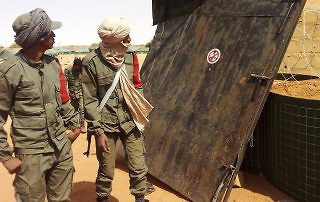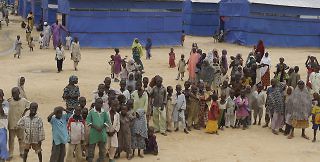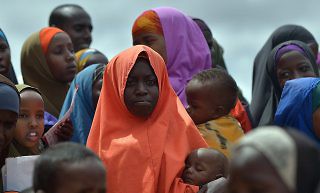The soft acceptance of the coup is ultimately a soft acceptance of the status quo in Mali.
Author: Alex Thurston
-
-
Given that ordinary Malians would have so many reasons for resenting and overthrowing these figures, the question is particularly acute there—why has so much of the status quo persisted for so long?
-
In recent months, Boko Haram has attacked rural military bases and convoys in the northeastern part of Nigeria and in surrounding countries, acquiring weapons in the process. Since spring 2015, when regional militaries chased most of its members back underground, the sect had been focused on survival and terrorism. While the group is far from their high point of 2014-2015, when they controlled a territory estimated at 20,000 square miles, these raids show a new strategic acumen.
-
The transactional nature of the relationship between Chad’s President Deby and the Western powers—regional security in exchange for funding, with little criticism—is not limited to Chad. Other leaders in Africa and beyond, watching how Deby manages this period of crisis, will take clear lessons about their own options and incentives.
-
There are several reasons why the idea of negotiations still appeals to some Malians, even as France continues to view Mali’s problems in black and white terms.
-
In two key Western African democracies—Senegal and Niger—ongoing legal battles raise serious questions about whether elected incumbents are using the courts to reshape the political playing field.
-
In contrast to the secrecy surrounding the ailing Yar’Adua, Buhari’s team has sought to broadcast that their man remains in charge.
-
The patrols are meant to be a key step toward the goal of disarmament, demobilization, and reintegration—in other words, they should convince people to set down their weapons and pursue peace.
-
The securitized approach takes a risk in arguing that camps around Lake Chad could become breeding grounds for terrorists.
-
The question of funding leads into a broader argument from the Kenyan government about Western hypocrisy on refugees.

